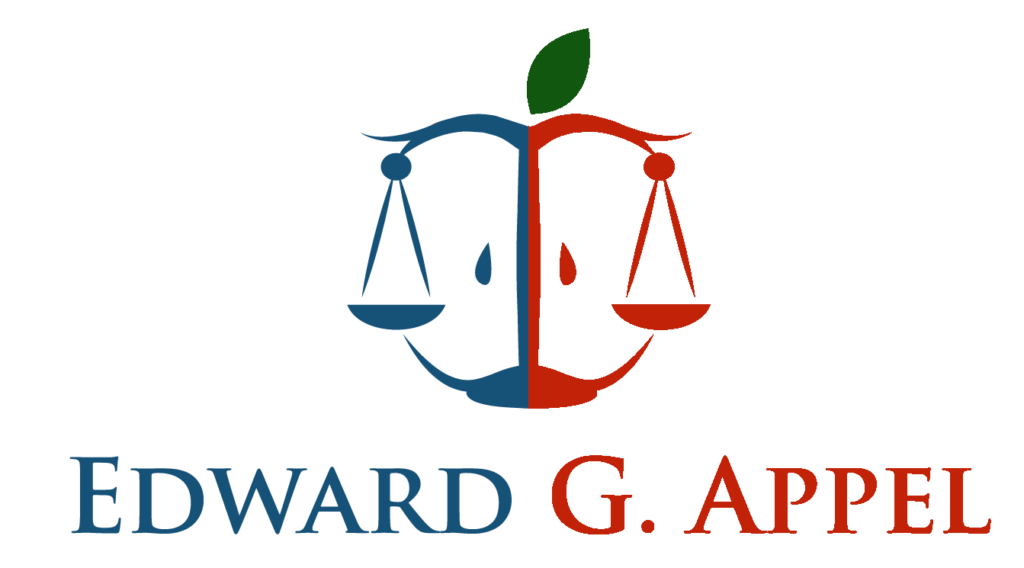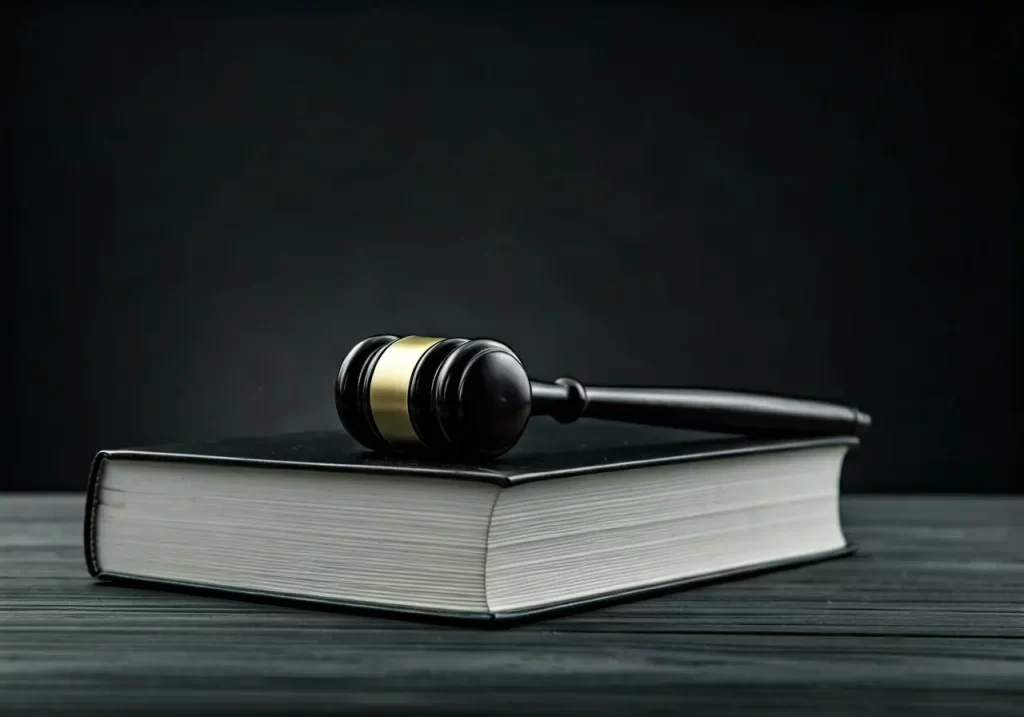Navigating the complexities of a traffic court case can feel overwhelming, especially if it’s your first time seeking legal assistance. Choosing the right attorney can make a significant difference in the outcome of your case. To help you on this important decision-making journey, we’ve compiled a list of essential questions to ask your potential traffic court attorney. These questions will not only guide your conversations but also give you confidence in your choice.
1. Experience in Traffic Cases
Understanding your attorney’s experience with traffic cases is crucial. Ask about their past cases, particularly those similar to yours, to gauge their familiarity and success with traffic law. Knowing that your attorney regularly handles traffic violations similar to yours means they’re more likely to be updated with the latest changes and developments in traffic laws. This is especially important because traffic laws can vary significantly by state and even by municipality. If you need more guidance, consider practicing specific questions to ask regarding your attorney’s experience.
Furthermore, experienced attorneys can often anticipate the moves of the prosecution and counteract those effectively. This isn’t just about knowledge—it’s about instinct developed over years of courtroom practice. Therefore, don’t hesitate to inquire how long they’ve been practicing and what made them specialize in traffic law. These insights can help you assess whether they would be the right fit for your case.
2. Success Rate and Case Outcomes
Inquire about their success rate and typical case outcomes. This will give you insight into their effectiveness and ability to navigate the complexities of traffic court. While past success doesn’t guarantee future victories, a consistent track record of positive outcomes can be reassuring. It indicates that the attorney knows how to leverage the nuances of traffic law to the client’s benefit. Beyond raw numbers, ask for specific examples of cases similar to yours where they achieved favorable outcomes and what strategies they employed.
Don’t overlook asking about the risks of pursuing your case further. A transparent attorney will not only share their successes but also candidly discuss cases that didn’t go as planned, along with the lessons learned. This kind of candor can be very valuable in aligning your expectations with legal realities.
3. Fees and Payment Structure
Clarify their fees and payment structure early on to avoid surprises. Understanding whether they charge a flat fee or hourly rate helps you budget for your legal expenses. It’s not just about the total cost; it’s also about knowing what is covered within that fee structure. Some attorneys might include court appearances and filings in their fee, while others might charge extra for these services. Knowing this upfront can save you from unexpected costs down the line.
Additionally, ask if they offer flexible payment plans or contingencies in case of financial hardship. A transparent discussion about fees can prevent financial stress from compounding an already challenging legal situation. When dealing with legal expenses, proper planning and clear agreements can ease the process significantly.
4. Strategy and Legal Approach
Ask about their proposed strategy for handling your case. This will give you a clear idea of how they plan to approach your defense and handle any potential issues that may arise. A seasoned attorney will not only lay out a preliminary strategy but also discuss contingency plans should unforeseen complications develop.
Moreover, discussing legal strategy allows you to better understand the possible timelines and stages involved in your case. This can help set realistic expectations and prepare you for each step of the process. In alignment with your case’s needs, they might suggest additional resources or services that can strengthen your defense. Knowing their approach not only builds your confidence in them but also involves you actively in crafting the defense.
5. Availability and Communication
Discuss their availability and preferred methods of communication. Knowing how often and through what channels you can reach your attorney is vital for smooth collaboration. Consistent communication ensures that you stay updated with the progress of your case and can make informed decisions on the go.
Clarifying these expectations at the outset reduces the risk of misunderstandings and enhances your working relationship. For some, regular updates via email might be sufficient, while others might prefer more personal phone calls or in-person meetings. Matching your communication style with that of your attorney’s will facilitate a smoother legal process.
6. Potential Outcomes and Risks
It’s important to understand the potential outcomes and risks of your case. An experienced attorney should be able to set realistic expectations and prepare you for possible scenarios. While no attorney can promise specific results, discussing potential outcomes helps frame the path forward, including risks, such as increased fines or penalties that could arise from a failed defense.
A comprehensive discussion of risks emphasizes your attorney’s attention to detail and thorough approach. Addressing these can ease your anxiety and prepare you for any challenges along the path. Furthermore, they can provide insights into how similar cases have been resolved and the likelihood of various scenarios, allowing you to weigh your options carefully.
7. Additional Resources and Support
Inquire about any additional resources or support they offer. Whether it’s paralegal assistance or online resources, additional support can enhance your legal experience. Some firms provide access to educational materials or client portals for tracking case progress and managing paperwork efficiently.
Moreover, access to a broader network of professionals within the firm, such as paralegals and researchers, might provide considerable benefits. These resources ensure that your case is handled with thoroughness and precision, leaving no stone unturned in pursuit of the best possible outcome.


